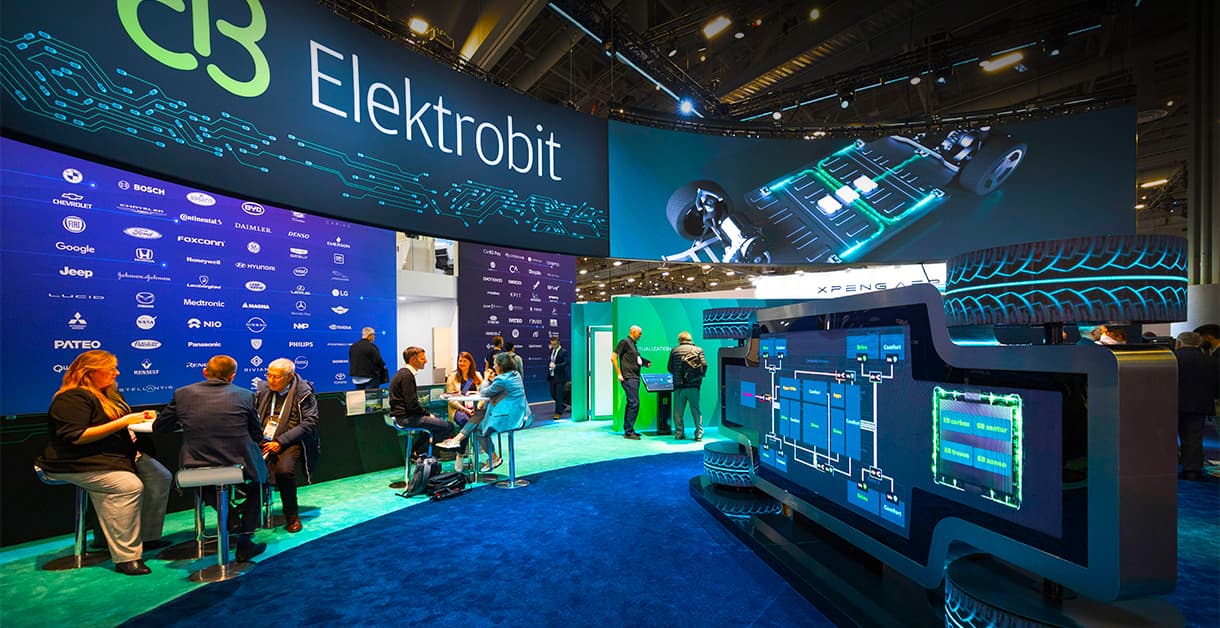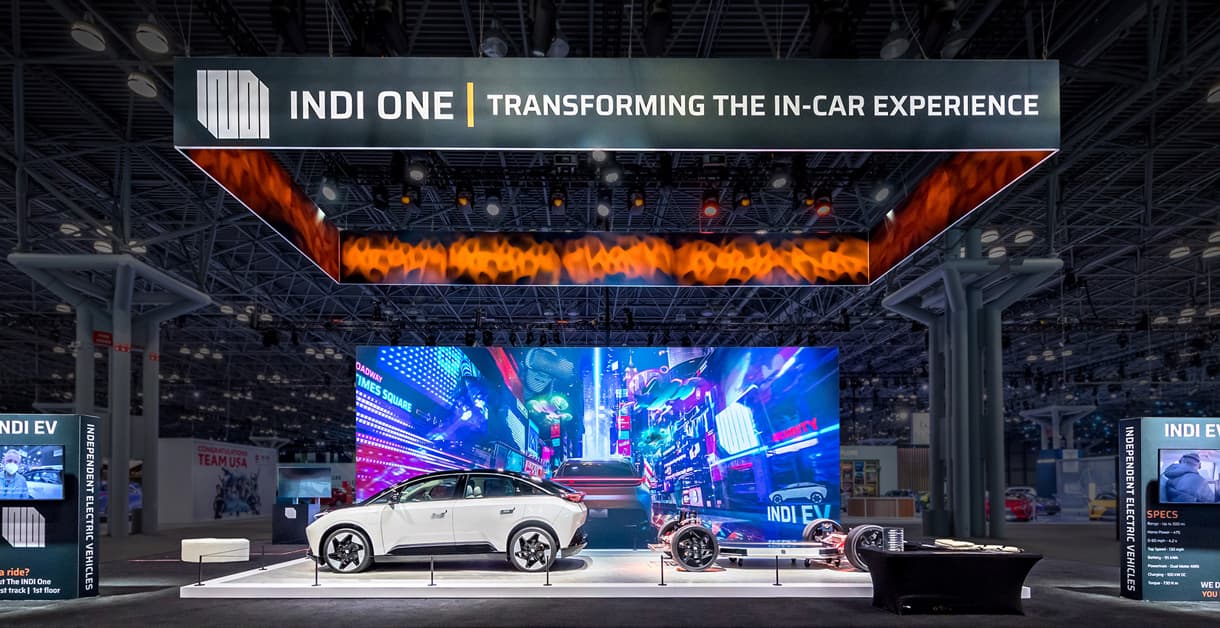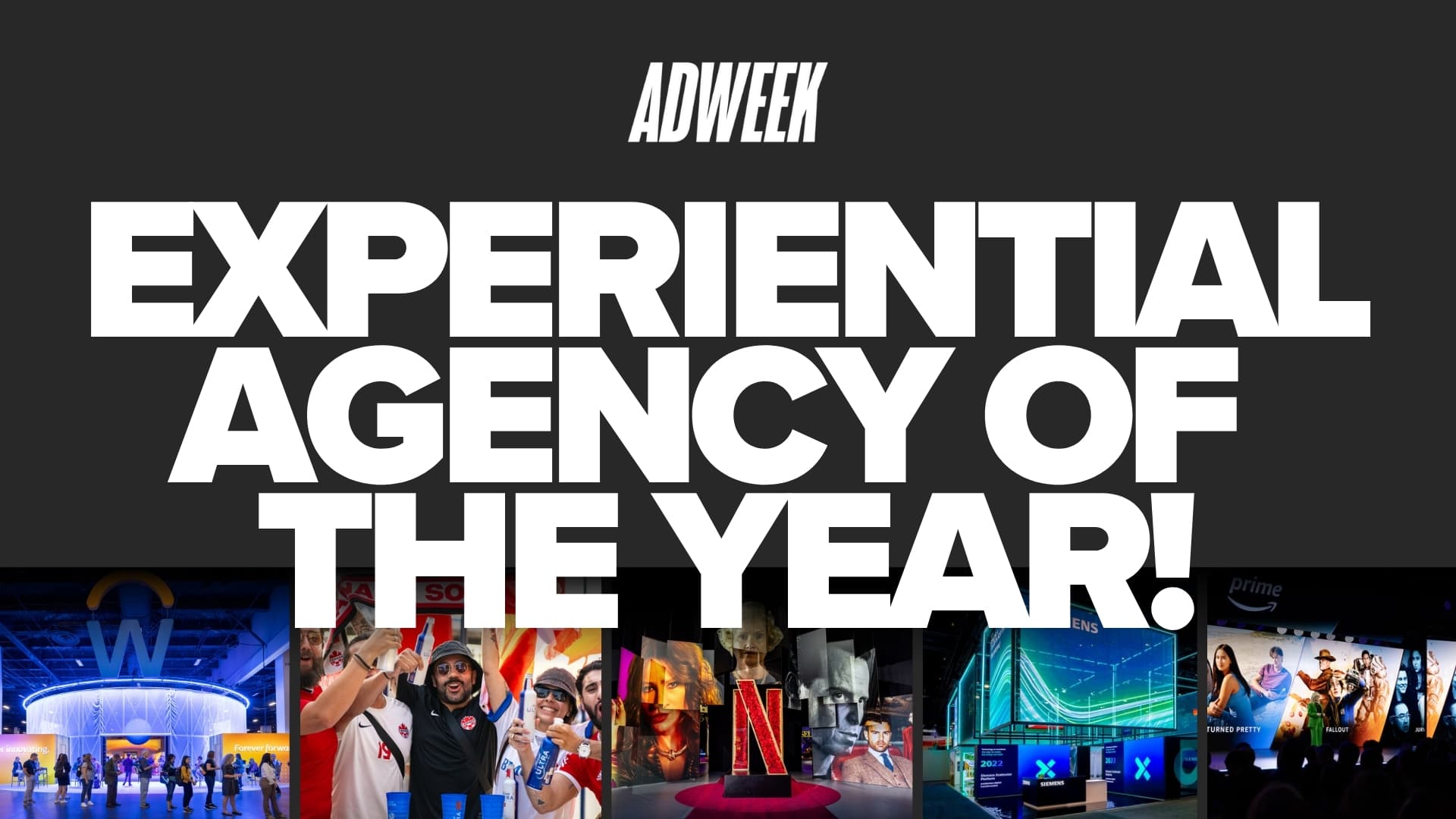AI at CES 2025: Reshaping Brand Experiences in Unexpected Ways


This article was originally published in Campaign UK on January 17.
The Consumer Electronics Show (CES) 2025 reaffirmed its status as the epicentre of technological innovation, with artificial intelligence (AI) dominating conversations across industries. Yet, amid the excitement, a fascinating paradox has emerged: as AI advances, consumer trust in digital content is declining – especially among younger audiences.
AI’s ability to create hyper-realistic images, videos, and even entire personas has left consumers questioning what is authentic and what is fabricated. This erosion of trust is particularly pronounced among Gen Z and younger millennials, who are acutely aware of the potential for digital manipulation. For brands, this skepticism poses a significant challenge: how do they engage an audience that is inherently distrustful of online content?
The resurgence of in-person experiences
Interestingly, this digital trust gap has created a counter-movement – a renewed appreciation for face-to-face interactions. Younger audiences are gravitating toward experiences they can see, touch, and verify. This trend was on full display at CES 2025, where brands showcased groundbreaking innovations aimed at bridging the digital-physical divide.
AI-enhanced reality: elevating the physical world
While many anticipated a CES dominated by mostly digital experiences, brands instead focused on how AI could enhance real-world interactions. This shift underscores a key insight: consumers aren’t looking to escape reality – they want it improved, with more time to focus on higher-level functions like creative thinking and relationship building.
For instance, LG introduced its “affectionate intelligence” technology, designed to intuitively adapt to users’ preferences in real-time. Whether it’s adjusting a home’s ambience or tailoring appliance functions, this AI-powered personalisation makes daily life feel more seamless and enjoyable, reinforcing trust in the tangible world.
Agentic AI: a new frontier in experiential marketing
Another standout theme at CES was the emergence of “agentic” AI – technology capable of making decisions and interacting with consumers in remarkably human-like ways. Imagine attending an event where an AI concierge not only guides you but also personalizes your experience based on your real-time reactions. By merging technological sophistication with physical presence, these experiences demonstrate AI’s potential to deepen human connections, rather than replace them.
Transparency and education: rebuilding consumer confidence
Leading brands at CES also emphasised transparency in their AI implementations. Exhibitors like Intel and Samsung showcased behind-the-scenes demonstrations of their AI systems, offering attendees a clear understanding of how these technologies function. By demystifying AI, brands are not only rebuilding trust but also fostering excitement about its potential to enhance everyday life.
For example, hands-on exhibits allowed participants to explore how AI-powered tools work from real-time language translation to personalised healthcare applications. These interactions provide consumers with tangible proof of AI’s capabilities, fostering trust through education and experience.
The future of brand experiences
The key takeaway from CES 2025 is that the most impactful brand experiences are those that blend AI-driven personalisation with authentic, in-person interactions. AI is no longer about creating purely digital experiences; it’s about enhancing the physical world to make it more meaningful, efficient, and tailored.
As we navigate the evolving AI landscape, brands have a unique opportunity to rebuild trust through tangible, verifiable interactions. By using AI to augment – not replace – human experiences, companies can forge deeper connections with their audiences. The future of brand experiences lies in this delicate balance of technological innovation and human authenticity.
AI is undeniably transforming the way brands engage with consumers, but not in the way many predicted. Rather than isolating us in digital realms, it’s helping us reconnect with each other and the tangible world. The brands that master this interplay will not only win consumer trust but also define the next era of experiential marketing.



